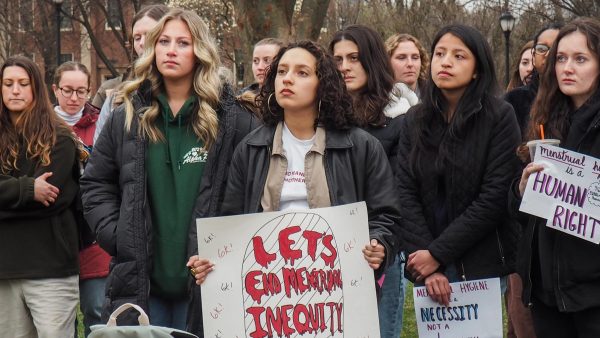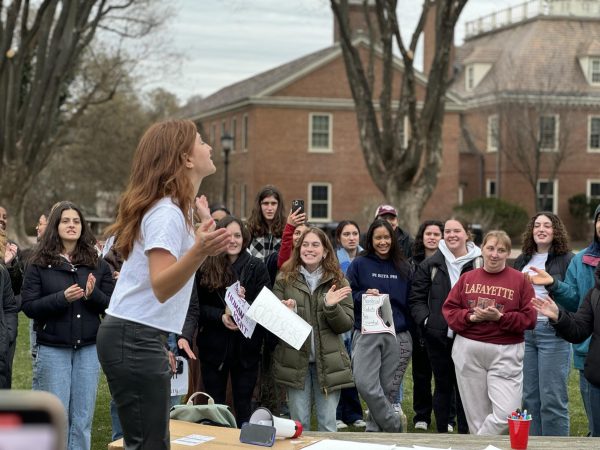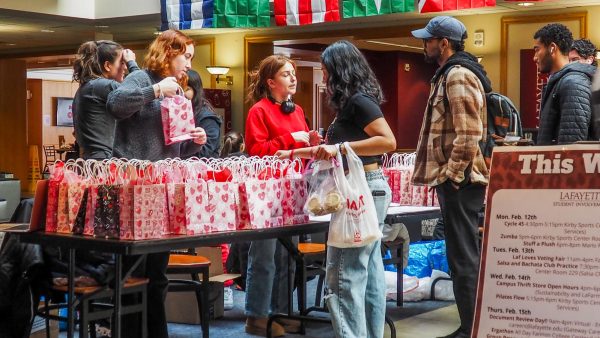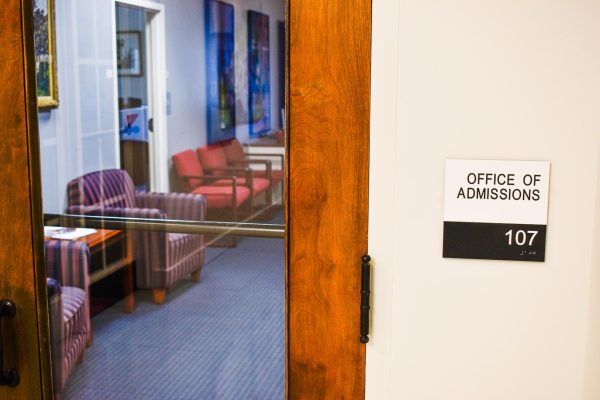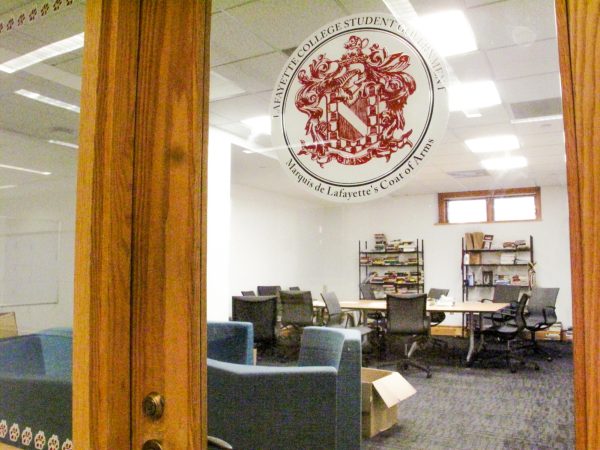Investment Club members discuss the potential and challenges of cryptocurrency
It is unlikely that the investment club will invest in cryptocurrency. (Photo courtesy of the Investment Club website)
February 4, 2022
Lafayette’s Investment Club kicked off the new year by discussing recent trends in the market over winter break, along with potential speakers and internship opportunities under Lafayette’s own Chief Investment Officer. One topic not touched upon was the potential to add cryptocurrency to the club’s $1 million of assets; while the growth of NFTs, blockchain and cryptocurrency appeared exponential through 2021, the Investment Club is not too keen on investing any time soon.
“Interest in crypto varies among club members,” Nick Sant Foster ’22, co-president of the club, said. “Crypto is very enticing and has increasingly become a favored asset by many investors. Due to its complicated nature and its volatility, much more research would have to be conducted first to see how cryptocurrency could align with our investing strategy.”
Nicholas Tufano ’23, the treasurer, agreed with Sant Foster. “It’s important to take into consideration that the club’s first priority is education.”
With education being the foremost goal of the club, the legitimacy of cryptocurrency falls into question.
The success of crypto derives from its use of “blockchain” technology. Investopedia defines blockchain as a system that allows the maintenance of “secure and decentralized records of transaction.” While status-quo data infrastructure holds electronic information in one place, blockchain separates the information into links of “chains,” making it more secure.
“It is a completely private and untraceable form of transacting,” Tufano said. “It is my personal belief that there is little merit in determining whether Bitcoin is more legitimate than Cardano, Dogecoin, or Ethereum. They all lack important fundamentals.”
The investments made by the club are currently subject to Security and Exchange Commission (SEC) regulation, meaning that there are “thousands of pages of documents” accessible to investors.
“Bitcoin has eight,” Tufano noted.
Evan O’Connell ’24 doesn’t view cryptocurrency purely as a deregulated asset but as the potential for future currency. He began investing in Bitcoin and Ethereum in 2020. While the crypto boom may be attributed to speculation, O’Connell believes that it partially derives from the financial impacts of Covid, including low-interest rates, high inflation and large increases in the money supply.
“People may have started to question the value of the U.S. dollar when hundreds of billions were printed in a few months,” O’Connell said.
Sant Foster echoes O’Connell’s characterization of the relationship between inflation and utilization of crypto.
“During times of inflation, investors believe that cryptocurrencies are a strong hedge against inflation because many of these cryptocurrencies are in a fixed supply which allows them to store their wealth in a hard asset,” Sant Foster said.
Tufano argues that the utility of crypto should lie in “facilitating transactions, as opposed to a stock whose function is a means of investment.”
One universal pillar of crypto appears to be the relationship between public endorsements and their legitimacy; a tweet from an influential person can launch the value of a cryptocurrency, leading investors to believe that certain coins are bubbles and only have as much value as is publicly advertised. O’Connell thinks that these “meme” coins have no value in the vast majority of cases.
“Many of them are just get-rich-quick schemes,” O’Connell said.
There are other factors that play into the investment and currency potential held by cryptocurrencies. While it may be praised as the next form of universal currency, China, the world’s most populous country, completely bans the use of crypto, according to Fortune. Two weeks ago, Russia threatened to do the same while simultaneously being in the top three countries to mine cryptocurrency. Even if the strength of the dollar or the euro were to fade in response to high inflation and low-interest rates, crypto still has a long way before being recognized globally as a de-facto currency.
“There are serious implications for the energy consumption of cryptocurrency,” O’Connell said. “Many networks are still heavily reliant on nonrenewable sources.”
Lafayette College has pledged to establish carbon neutrality and shift the focus of its endowment investments towards greener assets. While cryptocurrency continues to detract from large-scale renewable use, the Investment Club may be rejecting its newly erected green goals by investing heavily in crypto.
“The Lafayette College Investment club will likely never invest in a crypto, given the constraints of the portfolio’s objectives,” Tufano said.





































































































